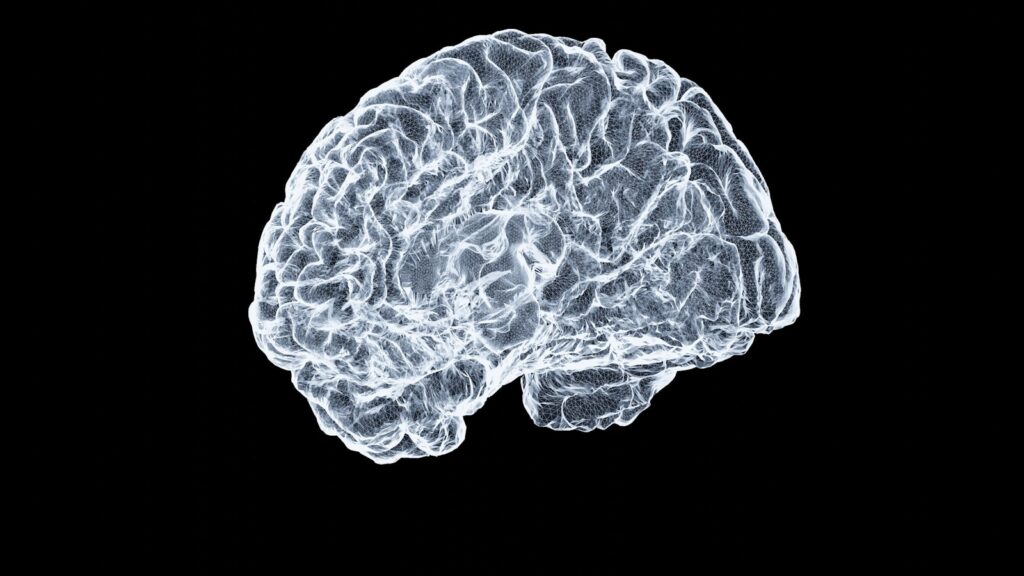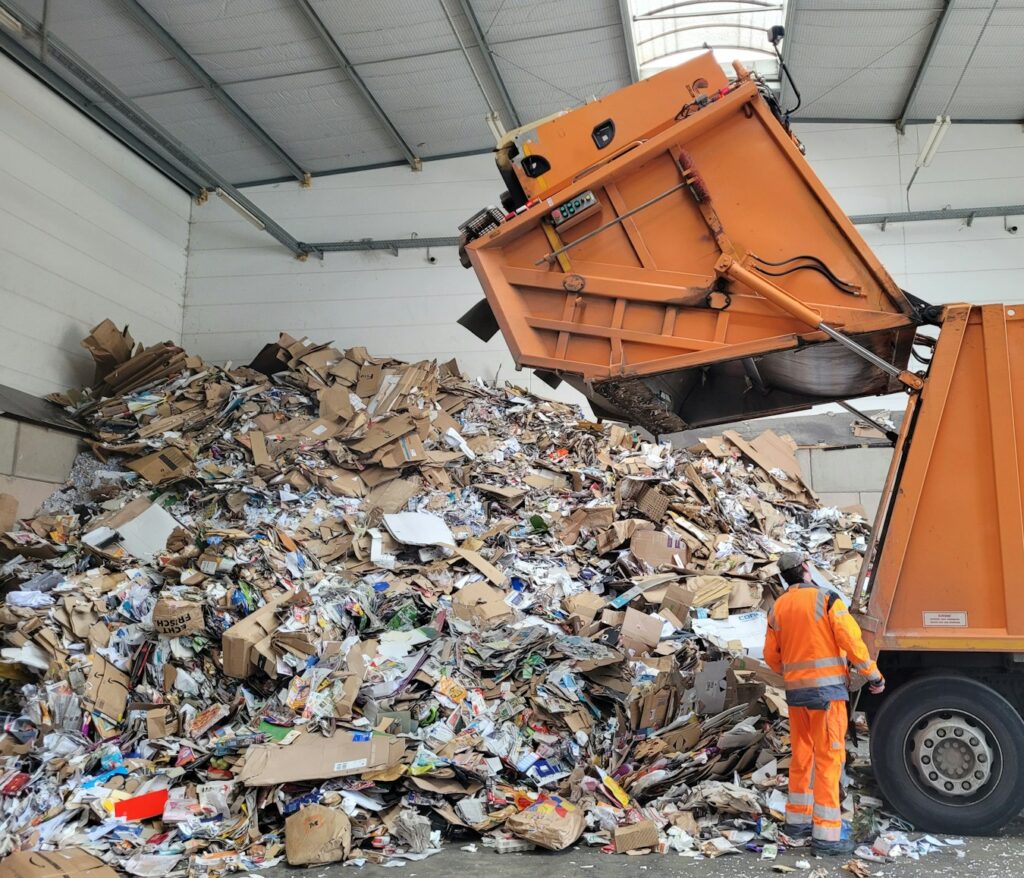Edward Davey is the Project Director at World Resources Institute and has worked for The Prince of Wales’s International Sustainability Unit on global environmental issues.
He spoke with Environment Journal about his new book Given Half A Chance: Ten Ways To Save The World and why we need to fundamentally change the way we live in order to avert ecological disaster.
You’re a project director for the World Resources Institute and have worked for the Prince of Wales’ International Sustainability Unit. What motivated you to write this book now?
My son, Oli. When we learned almost three years ago that he was on the way, all my thoughts turned to the future, even more intensely than before. So the question I sought to answer in the book is: what kind of future do I want to see for my son, and indeed for all children born into the world today, and how on earth might we bring this about?
The rest followed, alongside sleepless nights and all the joy and rigours of early childhood.
Given Half A Chance is split into ten chapters, focusing on the ten most pressing environmental issues we face including climate change, deforestation and air pollution. Why did you think it was important to focus on each of these individually?
Each of the ten paths to a hopeful future I set out is already the subject of many books. And there are overlaps and recurring themes between the chapters: one of the first readers of the book, an expert on the circular economy, told me yesterday that in a sense all of the chapters of the book would be addressed if the world were to adopt wholesale the circular economy. I agree.
The idea behind focusing on each individually was to give the intelligent non-expert a fairly broad overview of much if not all that is at stake, across the global environmental predicament we face.
The book is proudly international, covering topics from agriculture in Ethiopia to the Colombian rainforest. To what extent are the issues you talk about global issues?
All of these issues are inherently global, of course. And I am pleased the book’s eclectic internationalism comes through: I think there are case studies from over 20 countries at least. We live in a deeply interconnected world of people, supply chains, ideas: the environment knows no bounds.
What happens here in the UK is of relevance everywhere else; what happens in China, more so still. We need to think in terms of the big picture and embrace the entire world in our moral imagination and practical concern. We are all in this together.
The IPCC’s most recent report strikingly said that we have 12 years to limit climate change catastrophe. Do you think we can achieve this without making fundamental changes to the way we live?
No. We must all tread more lightly on the face of the earth – me, more than most. I do believe there is a way for us all to live in the world, in such a way as to ensure human dignity for all alongside respect for the planet’s ecological limits.
The best single exposition I have seen of this remains Kate Raworth’s book Doughnut Economics, which I encourage every finance minister to read in the concluding chapter of Given Half a Chance. We are an intelligent, thoughtful species; we can also be selfish and unkind. As my grandfather used to say, humanity is half angel, half devil, or words to that effect. We need the very best of human nature to prevail here.
It’s clear that a lot of the best work to save the planet is being done by people on the ground. What small actions do you think individual people can take, compared to governments and corporations?
Eat less meat. Consume less dairy. Fly less – or barely at all. Drive less. Cycle more. Use ecological nappies (do as I say, not as I do…). Do more in your community. Buy less. It all counts. As Rowan Williams said in one of the 60 or so interviews I conducted for the book, there is an ethical value in doing everything we can in our own lives – whether or not it is itself sufficient.
Then, in addition to all of the above, and much more, lobby your politicians. Write letters. Meet your MP. Be involved in demonstrations. We live in democracies, many of us – let us make the most of that great good fortune, notwithstanding democracy’s imperfections…
Given Half A Chance is quite a hopeful book. What gives you most hope that we can start to live more harmoniously with our natural environment?
A combination of human nature and seemingly unprecedented levels of awareness and understanding. On the latter, I give credit David Attenborough, Greta Thunberg and Extinction Rebellion. On the former, we tackled slavery; Martin Luther King fought mighty battles for civil rights in the US; a smoking ban is now in place in large parts of the world.
Progress is not linear, but we can take huge strides as humanity. Surely we can for this one, too, the biggest challenge of them all. Martin Luther King put it well: ‘We must accept finite disappointment, but never lose infinite hope’.
Image credit: Sheila Burnett















